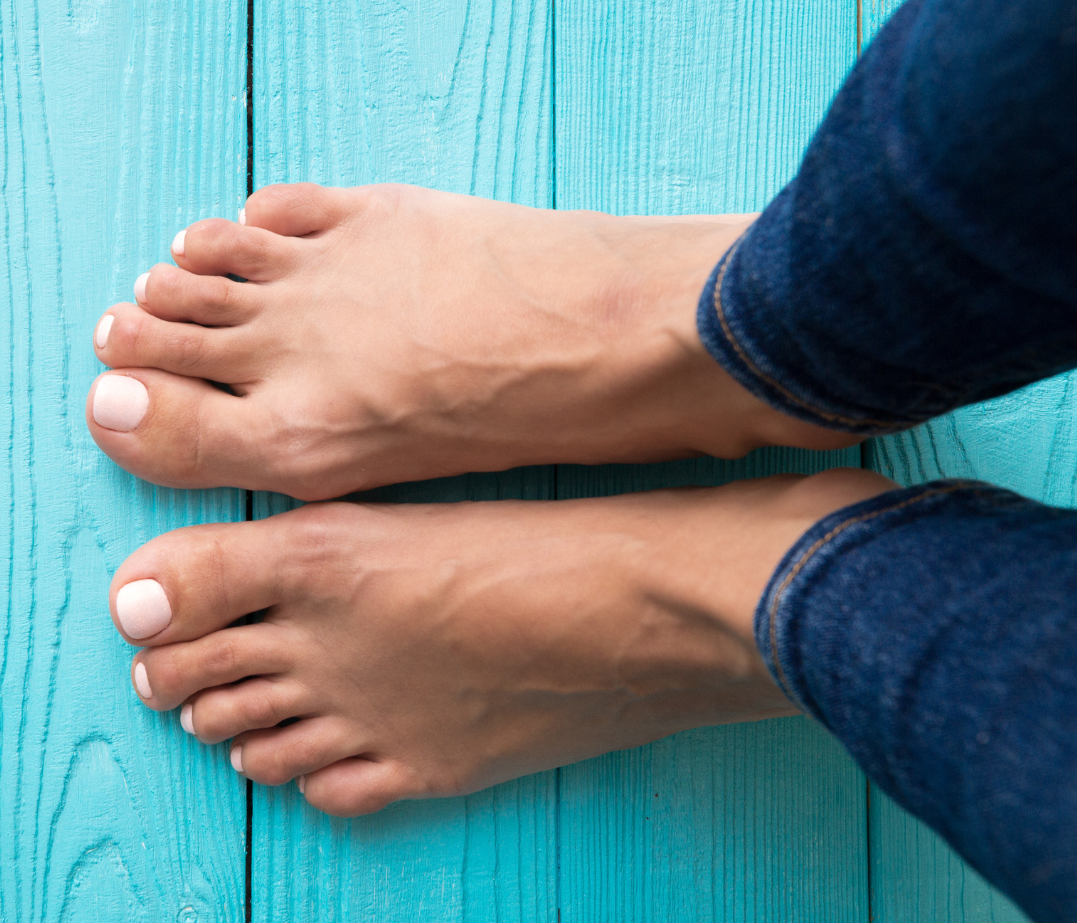
FLAT FEET 🦶🏻
Share
There is quite a bit emotions around term FLAT FEET 🦶🏻 In lot of cases there is misunderstanding and oversimplification as when to label someone with flat feet.
When you have fallen arches, the arches of the feet are lower than usual or completely collapse. In a typical foot, the arch (the curve along the inner side of the foot) helps distribute weight evenly when standing, walking, or running. When someone has flat feet, this arch is either very low or absent, causing the entire sole of the foot to come into contact with the ground. But that not automatically means you have flat feet. There is a bit difference between FLEXIBLE and RIGID condition.
- FLEXIBLE FLAT FEET - This is the most common type and often considered harmless. The arch may disappear when standing or bearing weight, but it reappears when the person sits or rests. In many cases, this type doesn’t cause pain or other significant problems.
- RIGID FLAT FEET - This type doesn’t change with movement, and the arch is consistently absent. This condition can sometimes cause pain or discomfort, and in some cases, it can be related to structural issues like tendinitis, arthritis or posterior tibial tendon dysfunction
Why is it happening ?
- GENETICS - play a big role. Some people are born with flatter arches, while others may develop them later in life.
- AGING - over time, the tendons and ligaments in your feet can weaken, leading to the collapse of the arch.
- INJURY - damage to the foot’s tendons or ligaments can lead to flat feet, especially the posterior tibial tendon, which supports the arch.
- PREGNANCY - hormonal changes during pregnancy can affect the tendons and ligaments in the feet, leading to temporary flat feet.
- OTHER HEALTH CONDITIONS - like diabetes, rheumatoid arthritis, or cerebral palsy can increase the risk of developing flat feet.
Every person experience different symptoms, varying from pain, swelling, foot fatigue or knee, hip and lower back pain.
In children, the arches don't fully develop until later, leading to what seems like "flat feet" in early years, which will resolve as they grow.
Other misconceptions are that not everyone with flat feet experiences pain, the condition can't be fixed or that it always leads to problems like arthritis. While flat feet can increase the risk of certain conditions if not managed, they do not always lead to serious complications.
Either way foot health is very important for everyone and there are many options for treatment or how to support condition of your feet. Seeing an expert, stretching and strengthening exercises could be a great start!
To know more about foot anatomy come HERE.
